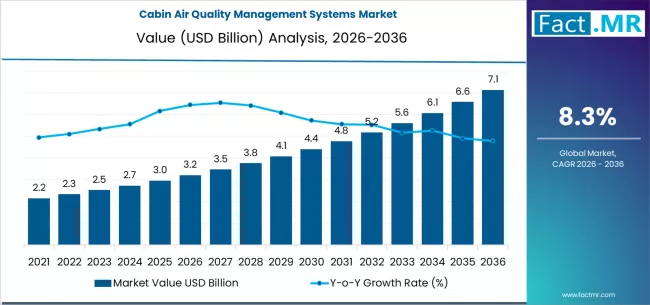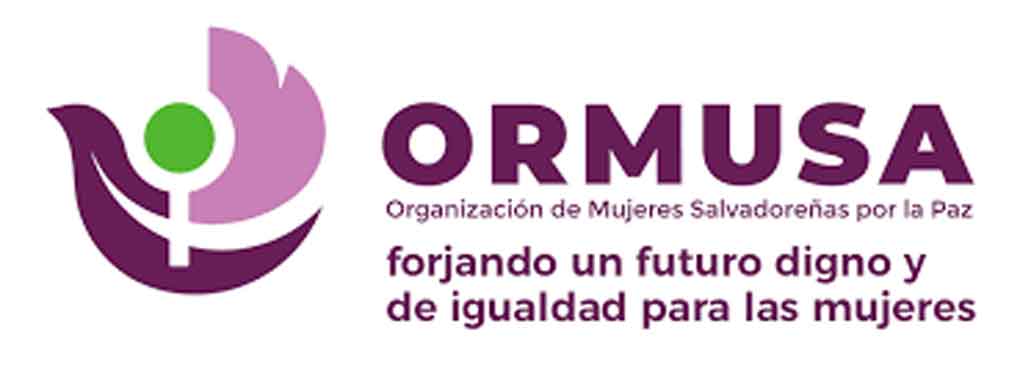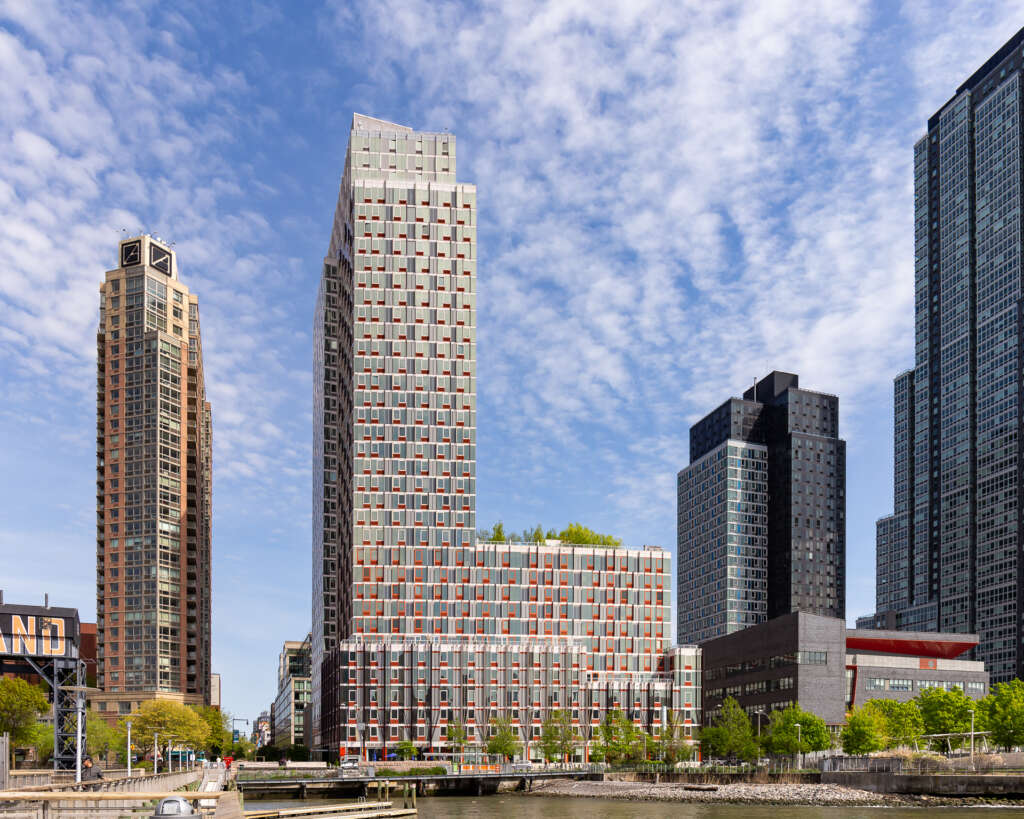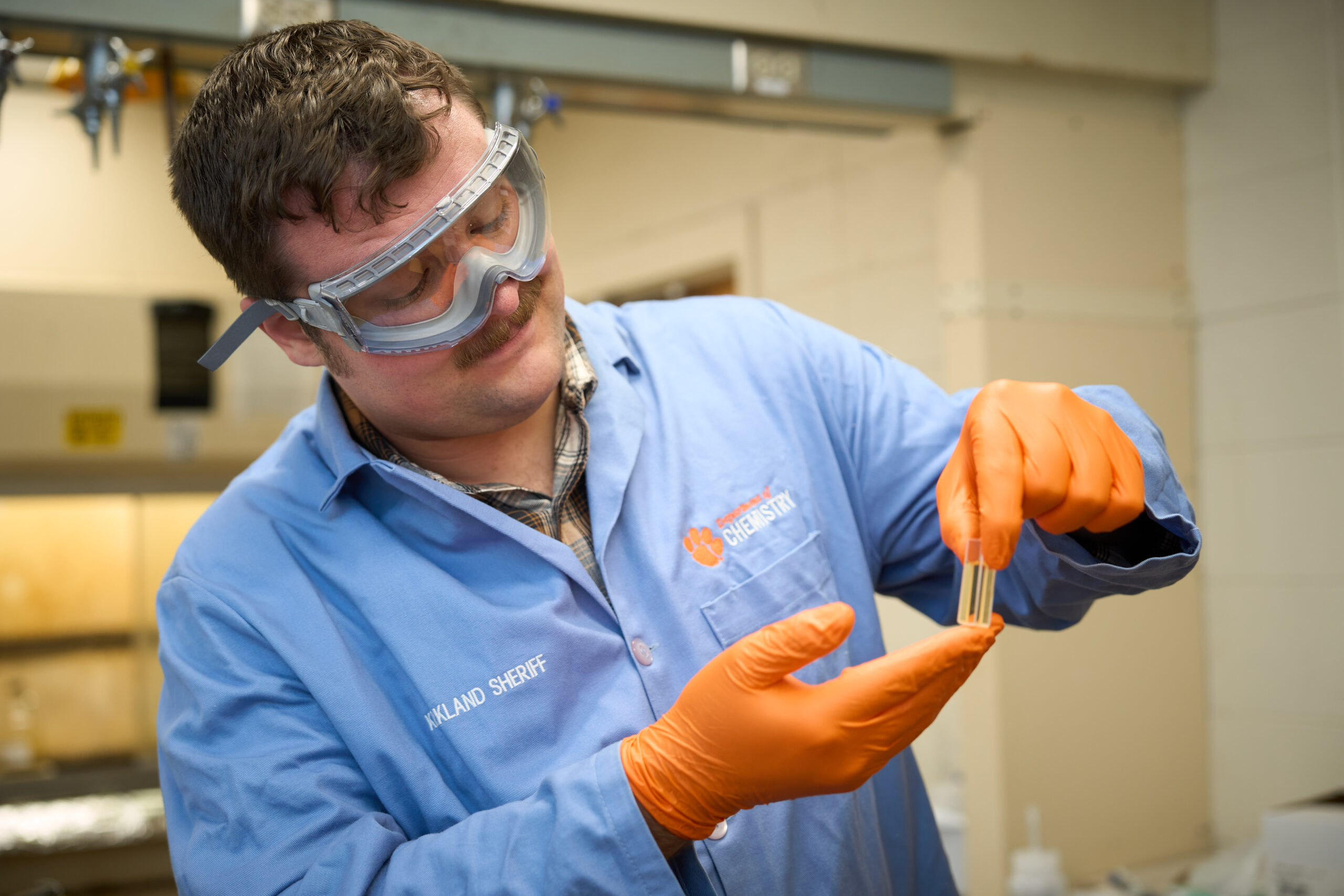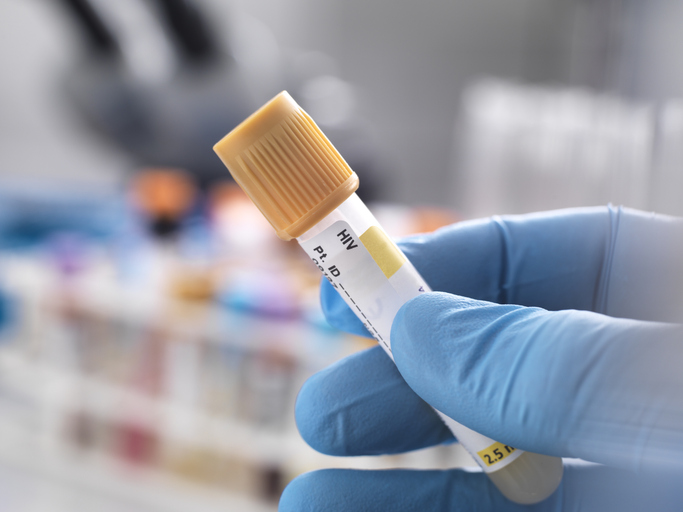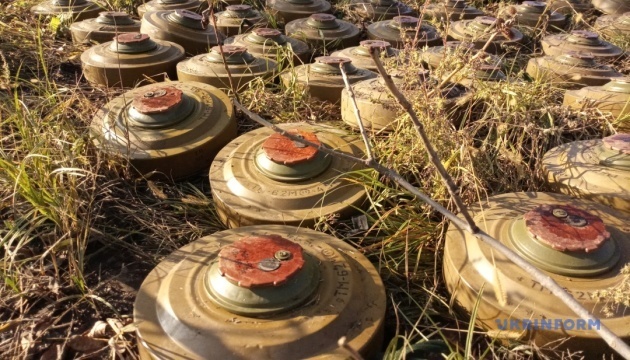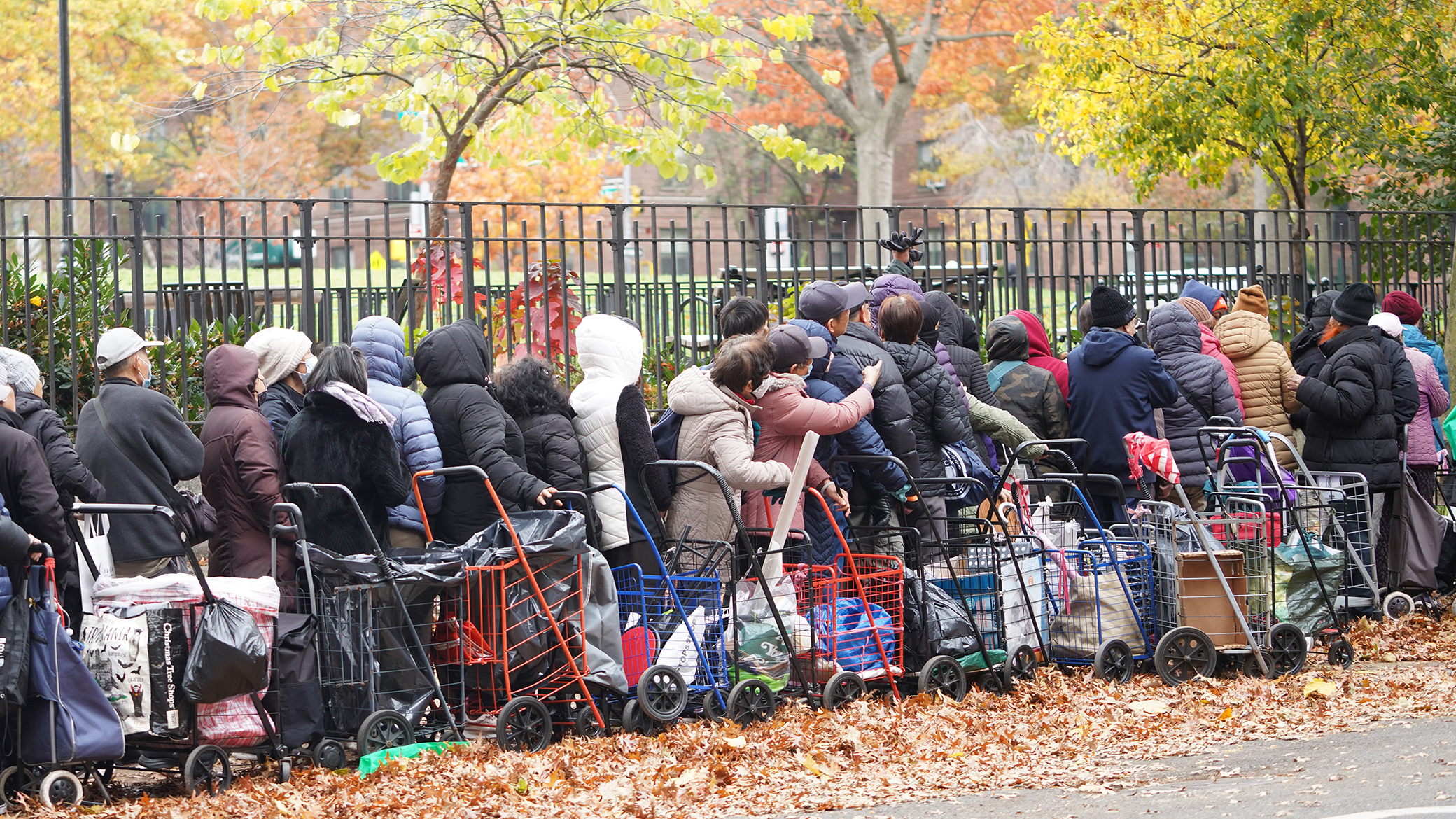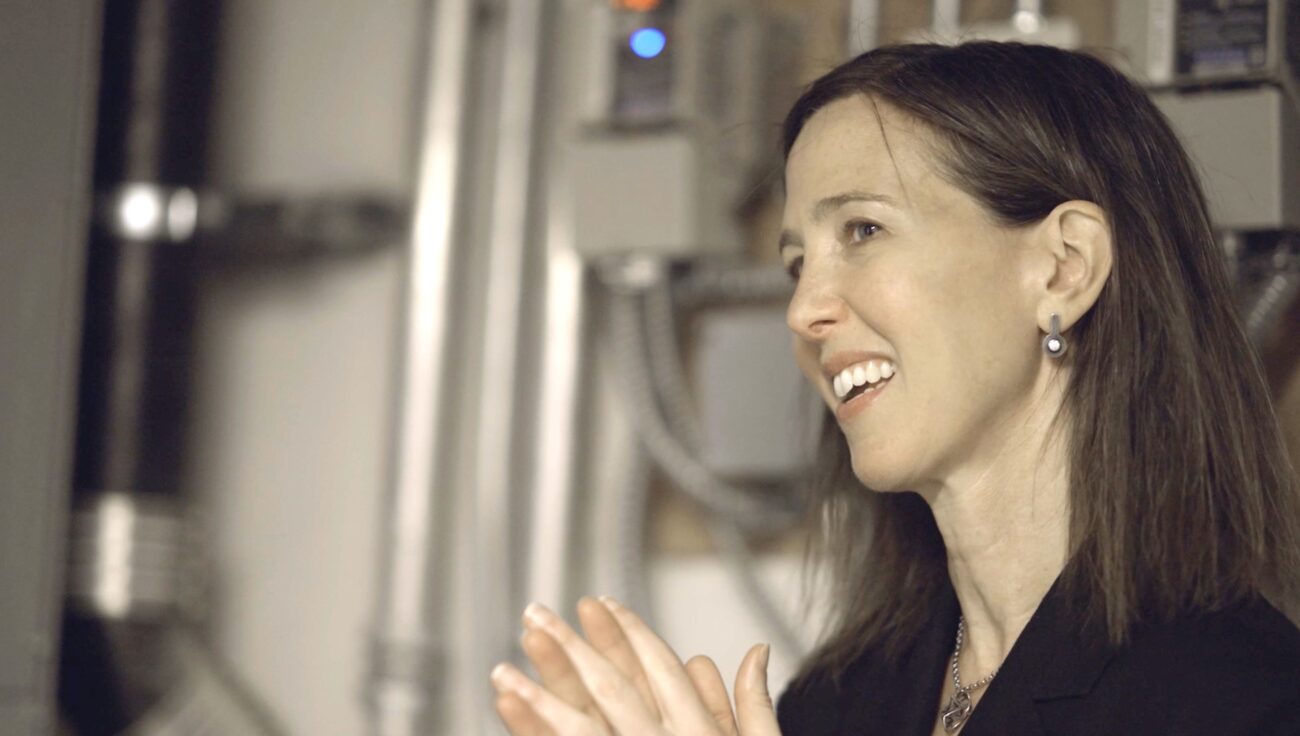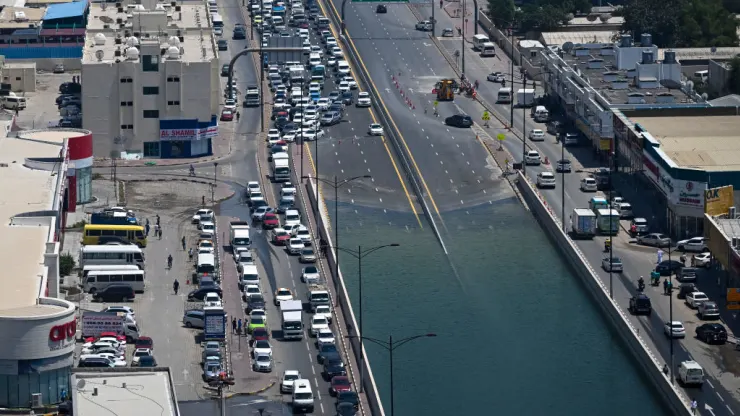Free Household Hazardous Waste Collection Event – Charlottesville City (.gov)

Report on Community Waste Management Initiatives and Contribution to Sustainable Development Goals
Executive Summary
The Rivanna Solid Waste Authority has scheduled a series of free waste collection events for residents of Albemarle County, the City of Charlottesville, and the Town of Scottsville for April and May 2025. These initiatives are designed to facilitate the responsible disposal of household hazardous waste, furniture, appliances, and tires. This report details the events and analyzes their direct contributions to achieving key United Nations Sustainable Development Goals (SDGs), particularly those concerning environmental health, sustainable communities, and responsible consumption.
Scheduled Collection Events: April-May 2025
Household Hazardous Waste (HHW) Collection Event
This event provides a critical service for the safe disposal of materials that pose a risk to environmental and public health, directly supporting SDG 3 (Good Health and Well-being), SDG 6 (Clean Water and Sanitation), and SDG 12 (Responsible Consumption and Production) by preventing hazardous pollutants from entering local ecosystems and water sources.
- Date: April 25 & 26, 2025
- Time: 9:00 AM to 3:00 PM
- Location: Ivy Solid Waste & Recycling Center, 4576 Dick Woods Road, Charlottesville, VA
- Registration: Not required.
- Accepted Materials Include:
- Paints and Stains
- Petroleum Products
- Household Cleaners and Pool Chemicals
- Pesticides and Antifreeze
- Batteries and Fluorescent Lights
- Acids and Adhesives
- Mercury Thermometers
- Photographic Chemicals
Upcoming Specialized Collection Initiatives
A series of specialized collection days in May will further advance the community’s progress toward SDG 11 (Sustainable Cities and Communities) and SDG 12 (Responsible Consumption and Production) by diverting bulky waste from landfills and promoting material recovery and recycling.
-
Furniture & Mattress Collection
- Date: May 3, 2025
- Time: 8:30 AM to 4:00 PM
- Details: Accepts sofas, tables, chairs, mattresses, bed frames, dressers, and other furniture items.
-
Appliance Collection
- Date: May 10, 2025
- Time: 8:30 AM to 4:00 PM
- Details: Accepts refrigerators, freezers, washers, dryers, water heaters, air conditioners, and other household appliances.
-
Tire Collection
- Date: May 17, 2025
- Time: 8:30 AM to 4:00 PM
- Details: Accepts up to twelve consumer-bought tires per household from passenger cars, pickup trucks, and motorcycles.
All specialized collection events will be held at the Ivy Solid Waste & Recycling Center, and advance registration is not required.
Alignment with Sustainable Development Goals (SDGs)
The waste management programs offered by the Rivanna Solid Waste Authority are integral to local efforts to achieve global sustainability targets.
- SDG 11 (Sustainable Cities and Communities): By providing accessible and effective waste management services, the Authority helps create safer, more resilient, and sustainable living environments for all residents.
- SDG 12 (Responsible Consumption and Production): These events directly promote Target 12.5, which aims to substantially reduce waste generation by 2030 through prevention, reduction, recycling, and reuse. They encourage responsible disposal habits among consumers.
- SDG 3, 6, 14, & 15 (Health, Water, and Ecosystems): The proper collection of hazardous waste, appliances, and tires is crucial for preventing chemical contamination of soil and water. This protects public health (SDG 3), ensures clean water resources (SDG 6), and conserves biodiversity in aquatic (SDG 14) and terrestrial (SDG 15) ecosystems.
Overview of Rivanna Solid Waste Authority Facilities
Ivy Solid Waste & Recycling Center
- Location: 4576 Dick Woods Road, Charlottesville, VA 22903
- Hours: Monday – Saturday, 7:30 AM to 4:00 PM
- Services: Accepts municipal solid waste, construction debris, vegetative materials, tires, appliances, and a wide range of recyclables including plastics, paper, metals, glass, motor oil, and compostable food waste.
McIntire Recycling Center
- Location: 611 McIntire Road, Charlottesville, VA 22902
- Hours: Wednesday – Monday, 8:30 AM to 6:30 PM (Closed Tuesdays)
- Services: Accepts a comprehensive list of recyclable materials, including plastics, paper, cardboard, glass, metals, food waste, and used cooking oil.
Southern Albemarle Convenience Center
- Location: 6269 Esmont Road, Keene, VA 22946
- Hours: Friday – Wednesday, 8:00 AM to 5:00 PM (Closed Thursdays)
- Services: Accepts bagged trash (Tag-a-Bag) and recyclable materials such as plastics, paper, cardboard, glass, and metals.
Analysis of Sustainable Development Goals in the Article
1. Which SDGs are addressed or connected to the issues highlighted in the article?
-
SDG 11: Sustainable Cities and Communities
- The article focuses on services provided by the Rivanna Solid Waste Authority for the residents of Albemarle County, the City of Charlottesville, and the Town of Scottsville. This initiative is a core component of municipal service provision aimed at making communities cleaner, safer, and more sustainable by managing waste effectively.
-
SDG 12: Responsible Consumption and Production
- The entire article is centered on the environmentally sound management of waste. The collection events for hazardous waste, furniture, appliances, and tires, along with the detailed descriptions of recycling centers, directly promote sustainable practices by reducing waste generation and encouraging recycling and proper disposal.
-
SDG 3: Good Health and Well-being
- By organizing a collection for household hazardous waste—including paints, pesticides, acids, and mercury thermometers—the initiative helps prevent human exposure to harmful chemicals. Improper disposal of these materials can contaminate soil and water, leading to health risks, which this program aims to mitigate.
-
SDG 6: Clean Water and Sanitation
- The collection of hazardous materials such as petroleum products, antifreeze, and pool chemicals is crucial for protecting water resources. The program prevents these substances from being improperly dumped, where they could seep into groundwater or run off into local water bodies, thereby helping to improve and maintain water quality.
2. What specific targets under those SDGs can be identified based on the article’s content?
-
Target 11.6: Reduce the adverse environmental impact of cities
- This target aims to “reduce the adverse per capita environmental impact of cities, including by paying special attention to air quality and municipal and other waste management.” The article directly addresses this by detailing a comprehensive municipal waste management system, including free collection days and multiple recycling centers (Ivy, McIntire, Southern Albemarle) for residents.
-
Target 12.4: Environmentally sound management of chemicals and all wastes
- This target calls for achieving “the environmentally sound management of chemicals and all wastes throughout their life cycle… and significantly reduce their release to air, water and soil.” The “Free Household Hazardous Waste Collection Event” is a direct implementation of this target, as it provides a safe disposal route for items like pesticides, acids, mercury, and petroleum products.
-
Target 12.5: Substantially reduce waste generation
- This target aims to “substantially reduce waste generation through prevention, reduction, recycling and reuse.” The article promotes this through its detailed list of accepted recyclables (plastics, paper, glass, metals, food waste) at its facilities and by offering collection days for large items like furniture, mattresses, and appliances, diverting them from landfills.
-
Target 3.9: Reduce illnesses from hazardous chemicals and pollution
- This target seeks to “substantially reduce the number of deaths and illnesses from hazardous chemicals and air, water and soil pollution and contamination.” The collection of hazardous waste directly contributes to this by preventing these toxic materials from contaminating the local environment and posing a threat to public health.
-
Target 6.3: Improve water quality by reducing pollution
- This target aims to “improve water quality by reducing pollution, eliminating dumping and minimizing release of hazardous chemicals and materials.” The proper collection and disposal of items like driveway sealers, pool chemicals, and antifreeze, as mentioned in the article, prevent these pollutants from contaminating local water sources.
3. Are there any indicators mentioned or implied in the article that can be used to measure progress towards the identified targets?
-
Volume and Type of Waste Collected
- The article implies the measurement of progress through the sheer variety and volume of materials collected. Indicators would include the tonnage of hazardous waste collected during the special event, the number of appliances and tires diverted from landfills, and the volume of specific recyclables (e.g., plastics, glass, cardboard) processed at the three centers. The detailed lists of accepted items (e.g., “up to twelve tires” per household) suggest a system for tracking these materials.
-
Frequency and Accessibility of Services
- Progress can be measured by the provision and accessibility of waste management services. The article mentions “four free events planned for April and May” and lists the regular operating hours for three different facilities (Ivy, McIntire, and Southern Albemarle). The number of collection events held per year and the number of residents served are implied process indicators.
-
Rate of Recycling and Waste Diversion
- An implied indicator is the community’s overall recycling rate. By accepting a wide range of materials—from standard recyclables to compostable food waste, furniture, and tires—the Rivanna Solid Waste Authority’s efforts contribute to diverting a significant amount of waste from landfills. The success of these programs could be measured by the total tons of material recycled or diverted compared to the total municipal solid waste generated.
4. Summary Table of SDGs, Targets, and Indicators
| SDGs | Targets | Indicators (Implied from the Article) |
|---|---|---|
| SDG 11: Sustainable Cities and Communities | Target 11.6: By 2030, reduce the adverse per capita environmental impact of cities, including by paying special attention to air quality and municipal and other waste management. |
|
| SDG 12: Responsible Consumption and Production | Target 12.4: By 2020, achieve the environmentally sound management of chemicals and all wastes throughout their life cycle…and significantly reduce their release to air, water and soil. |
|
| SDG 12: Responsible Consumption and Production | Target 12.5: By 2030, substantially reduce waste generation through prevention, reduction, recycling and reuse. |
|
| SDG 3: Good Health and Well-being | Target 3.9: By 2030, substantially reduce the number of deaths and illnesses from hazardous chemicals and air, water and soil pollution and contamination. |
|
| SDG 6: Clean Water and Sanitation | Target 6.3: By 2030, improve water quality by reducing pollution, eliminating dumping and minimizing release of hazardous chemicals and materials. |
|
Source: charlottesville.gov

What is Your Reaction?
 Like
0
Like
0
 Dislike
0
Dislike
0
 Love
0
Love
0
 Funny
0
Funny
0
 Angry
0
Angry
0
 Sad
0
Sad
0
 Wow
0
Wow
0

